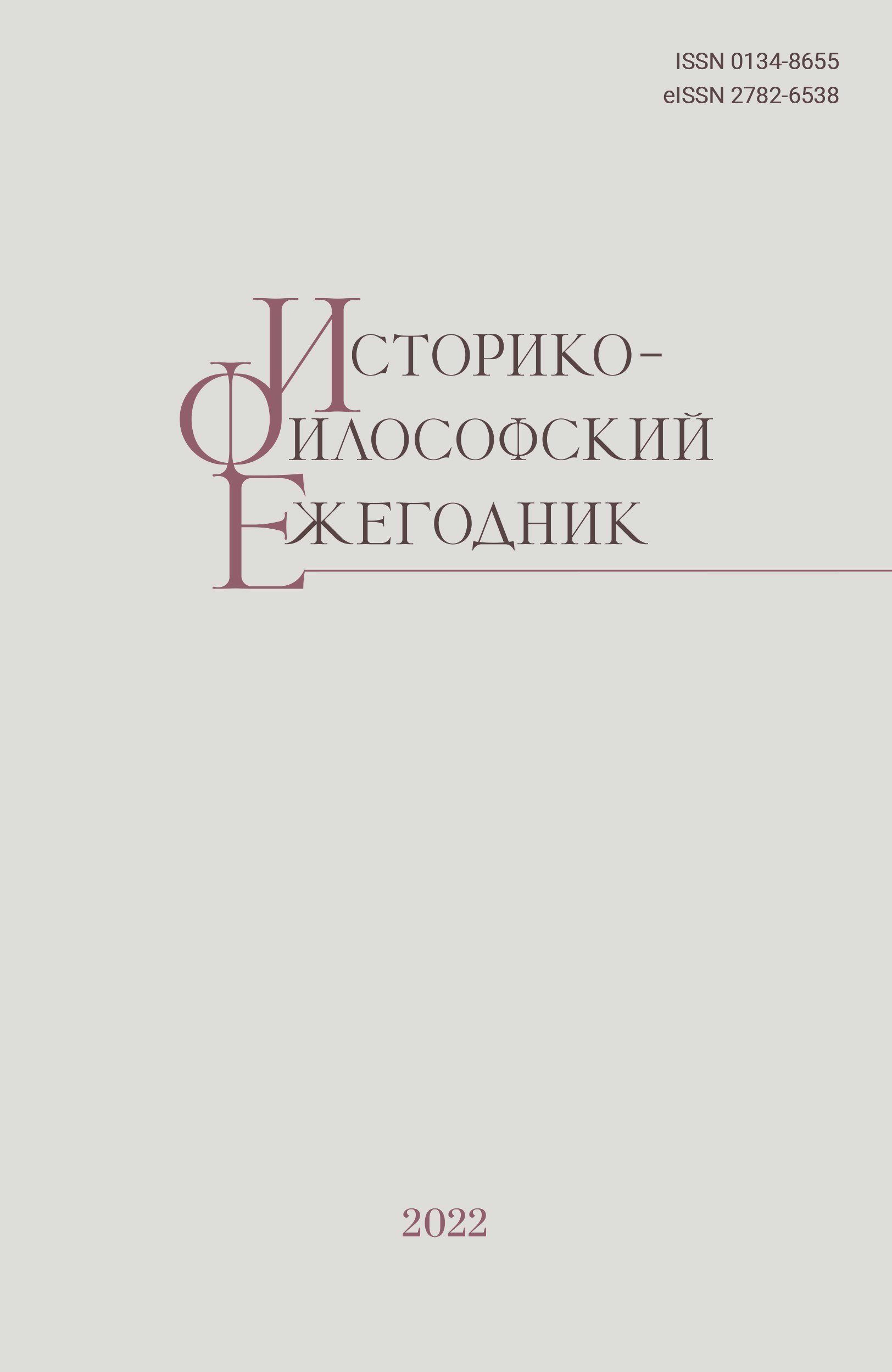False Pleasures in the Philebus: Standard Interpretation and Its Critics
Keywords:
Plato, Philebus, pleasure, hedonismAbstract
In the second half of the 20th century, Socrates’ argument in the Philebus 36b–40a came to be considered as anticipating the modern definition of pleasure as a “propositional attitude”. According to this reading, Protarchus’ position is close to that of Descartes, who thought that we enjoy infallibility regarding passions, or to that of Hume, for whom pleasures are not the kind of mental state that can be true or false at all. Hence Socrates’ criticism of hedonism allegedly proceeds from the assumption that pleasures are true and false in the same way as beliefs are. Various accounts of how this can be possible have formed the standard interpretation of the argument within which “the Old School” is mainly inspired by B. Williams’ notion of false pleasures while “the New School” understands “falsity” in a way similar to that of S. Lovibond. This paper offers an overview of competing reconstructions of the argument and highlights some weak points of the standard interpretation.

